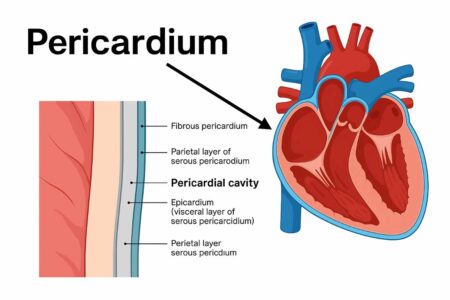A confident smile can open doors and create lasting impressions. However, accidents happen, and a chipped tooth can cast a shadow on an otherwise bright grin. Fortunately, modern dentistry offers a range of therapeutic procedures that can effectively address chipped teeth, restoring aesthetics and function.
The Impact of Chipped Teeth
Chipped teeth can occur for various reasons, including traumatic accidents, biting complex objects, or even natural wear and tear over time. The consequences extend beyond cosmetic concerns, as chipped teeth can affect speech, eating, and oral health. Additionally, untreated chipped teeth may lead to further damage and complications, underscoring the importance of timely therapeutic interventions.
Restorative Options
- Dental Bonding:
Dental bonding is a minimally invasive procedure commonly used to repair minor chips in teeth. An artificial resin that looks like a natural tooth is applied and shaped directly onto the chipped area during this procedure. The resin is then hardened using a special light, bonding securely to the tooth. Dental bonding is a quick and cost-effective option, providing immediate improvements in appearance and function. However, it may not be suitable for larger or more complex chips.
- Porcelain Veneers:
Porcelain veneers offer a durable and aesthetically pleasing solution for more extensive chipping. These thin, custom-made shells are crafted to match the natural tooth color and shape. Veneers are bonded to the front surface of the chipped tooth, effectively covering the damage and creating a seamless appearance. Porcelain veneers are renowned for their durability and resistance to staining, providing long-lasting results with proper care. To know more, please visit the website of Dublin Dental Care Ohio.
- Dental Crowns:
Severely chipped teeth that have sustained significant structural damage may require dental crowns. Crowns are custom-fitted caps that encase the entire visible portion of the tooth. They offer therapeutic and protective benefits, strengthening the damaged tooth while restoring its natural appearance. Modern dental crown materials, such as ceramic or zirconia, provide exceptional strength and a lifelike look.
- Dental Implants:
In cases where a chipped tooth cannot be salvaged, dental implants offer a permanent and comprehensive solution. Dental implants involve the surgical placement of an artificial tooth root into the jawbone, followed by attaching a natural-looking prosthetic tooth. This option addresses the cosmetic concern of a chipped tooth, maintains proper oral function, and prevents bone loss.
- Patient Considerations
Patients should communicate openly with their dentist when considering restorative dental procedures for chipped teeth. A comprehensive evaluation will help determine the most suitable option based on the extent of damage, oral health, and patient preferences. Cost, treatment duration, and long-term maintenance should also be discussed.
Chipped teeth need not diminish one’s confidence or compromise oral health. With the advancement of restorative dental procedures, individuals can regain their smiles and improve their quality of life. Whether through dental bonding, porcelain veneers, dental crowns, or implants, skilled dental professionals can artfully restore chipped teeth, providing natural-looking results that endure time. Embracing these restorative options empowers patients to face the world with renewed self-assurance and a radiant, healthy smile.






